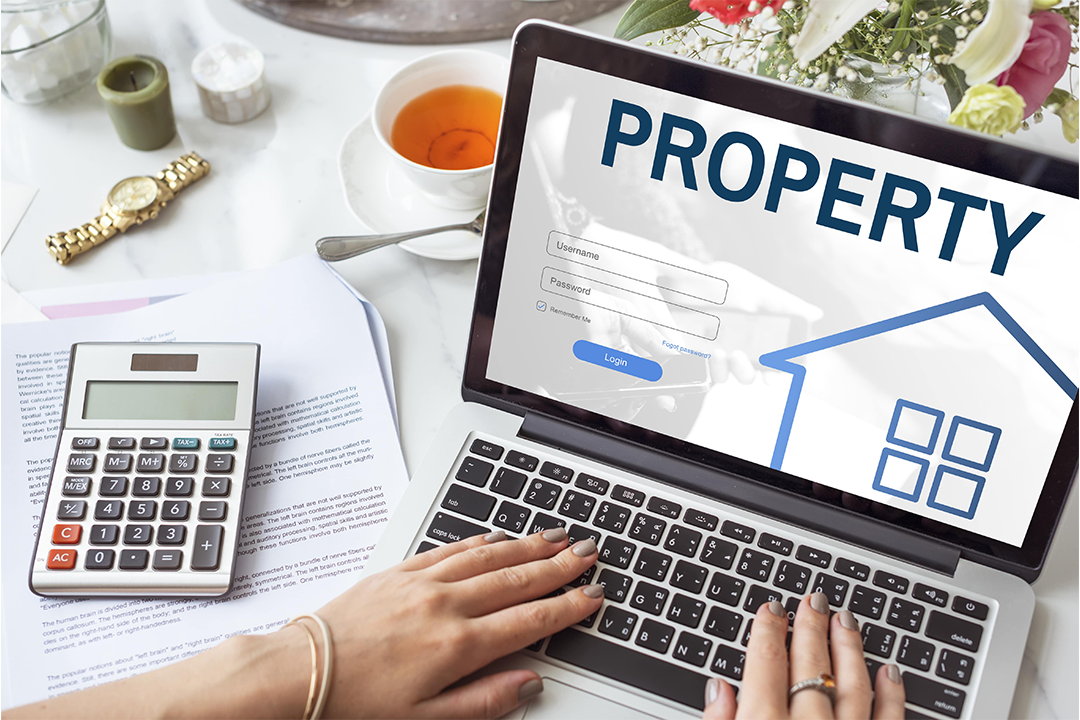Personal finance management is an integral part of everyday life. It is a way to ensure that you are taking good care of yourself and your family. Here are some ways how to manage your personal finances efficiently:
Have a Self Control.
If possible, save up at least three months' worth of living expenses in case something happens unexpectedly (like losing your job). You'll feel much better knowing that no matter what happens next--and believe me: things unexpectedly happen like a pandemic lockdown--you'll still have enough money coming in each month without worrying about paying rent or mortgage payments too soon after losing out on income due simply because someone else made bad decisions regarding their own finances. Furthermore, keep in mind these important things:
Take control of your finances.
Set a budget and create a spending plan.
Start saving for the future.
Avoid impulse buys by thinking about what you already have before buying something new (and expensive).
Pay yourself first: put money aside before anything else when it comes to paying bills or making payments--even if that means taking less than you owe on some bills so you can put more into savings or investments! This way, you'll never be tempted by consumer debt again!
Future Finance
The future is coming, and you can't stop it. You can only prepare for it by saving money today. Start investing in yourself by learning new skills and developing your career so that when you retire, your income will be secure. If possible, buy real estate-it's a great investment because it provides shelter while also increasing in value over time!
You should also plan out the days of your retirement so that they're as enjoyable as possible.
Use a Budget Tracker App
There are plenty of budget trackers that are free that can help you keep track of your spending. It's easy to use, and it's available on both Android and iOS devices.
Budget tracking apps allow users to create a budget plan or log their expenses as they go, which makes it ideal for people who need help managing their finances but don't have much time or knowledge about budgeting (like college students or newlyweds). The app also makes it possible for users to set goals for themselves based on how much money they want to be left at the end of each month. It will give you a comprehensive overview of where exactly all your funds should go.
Set your Emergency Funds.
Emergency funds are a must. No matter how much you make or where you live, it's essential to have a cash cushion in case of emergencies. A decent rule of thumb is to have three months' worth of costs covered in your emergency fund. That way, if something unexpected happens and your income stops for some reason, at least some of the bills can still be paid without having to take out more loans or go into debt.
Open a Savings Account.
You are truly committed to personal finance management when you already took the step to open a savings account. Having a savings account in a bank is a good place to put your cash since it's much more secure than other investments like stocks or bonds. You can use it as a way to keep your emergency fund or just save up for something fun, like buying a car or going on vacation with friends. If you want your children to learn how important it is to save money, encourage them by opening an account in their name as well!
Manage Your Taxes.
Taxes are a fact of life. They're unavoidable, but that doesn't mean you can't manage them. Taxes can be used to reduce your income, increase your income, reduce spending, or increase spending.
The first step is understanding how much money goes into your pocket each month and then subtracting taxes from that amount. This will help ensure that all of your expenses are accounted for so there are no surprises at the end of the year when it comes time for filing taxes.
Secure Your Health.
Having a health insurance plan is critical to your financial security. It doesn't matter if you are young and healthy or older with pre-existing conditions; having access to quality healthcare ensures that you have the resources necessary for treatment when it's needed most.
It's a good idea to take steps and save for your retirement early on in life, even if it means sacrificing other things now (buying less expensive clothes or going out less often). This will make you feel secure and that you have enough money saved and enjoy your golden days without bothering your children.
Wealth Protection
Invest in real estate and handle it well. Real estate is a good investment. It's an asset that can appreciate in value, and you can also rent it out for income. If you don't want to live in a house or apartment, then it can be used as an investment property.
Start saving for retirement early on in life. Have money saved up, so when retirement comes around, you don't have to worry about running out of funds later on down the road when they are needed most!
Invest in Real Estate.
Real estate is a good investment because it is an asset and not a liability. It can provide passive income, tax benefits, and diversification of your portfolio. If you have extra money to invest, consider putting it into real estate instead of buying stocks or bonds that do not provide any yield. When the property value becomes bigger over time, you can resell the property and use the proceeds for other purposes, such as paying off debts or purchasing another home.
It takes bravery and discipline when it comes to the scary world of personal finance, but you don't have to be shaken. Take the time to plan ahead and set attainable goals for yourself. You can start living more comfortably today while also protecting yourself from future risks. One great way we've seen this done is by opening an emergency fund, so you always have money available when unexpected expenses arise. Another option is investing in real estate so that someday down the road when retirement comes around, all your needs will already be met!



